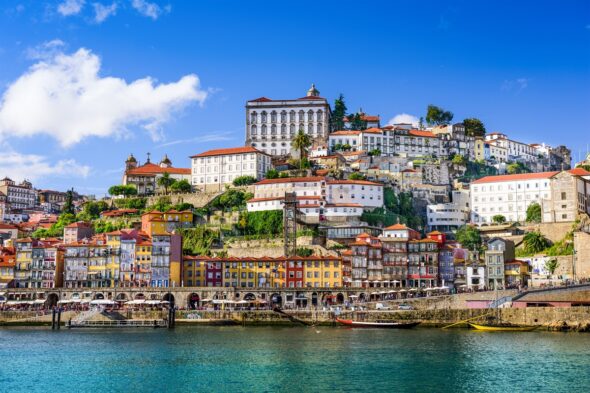How strong is the Brazilian passport?
Due to its level of visa-free access to over 171 countries and territories, the Brazilian passport is one of the most desired in the world. Brazilian passport holders benefit from visa-free and visa-on-arrival access to the UK, UAE, Singapore, and the EU Schengen Zone. However, a visa is still required for China and the United States.
Can I get citizenship through investment in Brazil?
There is currently no direct citizenship by investment programme available offered by Brazil. However, it is possible to obtain residency through several alternative methods including investing in Real Estate, a new or existing Brazilian company or pursuing citizenship once a residency permit has been held for a minimum of four years.
Does Brazil offer a golden visa programme?
Yes, commonly referred to as VIPER, the Brazilian golden visa programme is a popular option for foreign investors looking to obtain residency in Brazil. It requires a real estate investment of R$1,000,000, approximately $200,000 USD.
Alternatively, investors can consider applying for the business investment option that has gained popularity, starting at R$500,000.
What is Brazil like for investing?
Investing in Brazil is an attractive market due to its diverse and large economy. The South American giant is also an agricultural powerhouse as it is one of the world’s leading agricultural producers making it a favourable location for agribusiness investments. Recent years have also seen an increase in renewable energy potentials as Brazil has increased its involvement in wind and solar power projects. All of this adds to Brazil’s large domestic market which is advantageous of businesses looking to expand their reach both within the nation and across Latin America.
How strong is the economy in Brazil?
As of 2023, Brazil is the sixth largest economy in the world, the biggest in Latin America which has allowed it to become a compelling choice for international investors. According to the World Bank, Brazil exhibited remarkable resilience in the aftermath of the Covid-19 Pandemic, emerging as one of the strongest rebounding economies. Notably, it ranks as the third-largest global food exporter, boasts a low unemployment rate of just 5.3%, a young population and has an abundance of natural resources.
Nevertheless, it has encountered difficulties in the recent past, including elevated inflation and heightened political instability.
What is the real estate market like in Brazil?
The real estate market in Brazil can be described as diverse and dynamic. There are plenty of opportunities but also challenges. For example, there is a large demand for residential properties, especially in urban areas due to population growth. However, this varies massively by region with cities like Sao Paulo and Rio de Janeiro experiencing higher property process and much more demand. The real estate market has also shown resilience even during challenging economic periods which has drawn many investors to the relative stability of the real estate sector compared to other investment options.
Can foreign citizens buy property in Brazil?
Yes. Brazil’s Golden Visa programme (VIPER) requires foreign citizens to buy property in Brazil. Currently, there are no limitations imposed on foreign nationals purchasing property in Brazil, whether it be for residential, commercial, or land purposes. Nevertheless, there exist specific legal requirements that international buyers must meet.
Is permanent residency possible in Brazil through investment?
Yes, Brazil’s Golden Visa programme (VIPER) grants a permanent residency visa to investors who meet the investment requirements. It is also possible for PR holders to apply for Brazilian citizenship after a residency permit has been held for a minimum of four years.
Does Brazil encourage international investment from entrepreneurs?
The Brazilian Government actively fosters and supports Foreign Direct Investment (FDI). The National Investment Bank (BNDES), one of the world’s largest development banks, plays a significant role in promoting foreign investment. In recent years, substantial progress has been made in reducing obstacles to foreign investors, especially in the stock market.
Privatization efforts have led to the transfer of a considerable number of public companies to the private sector, and significant deregulation has occurred in various sectors over the past fifteen years.

